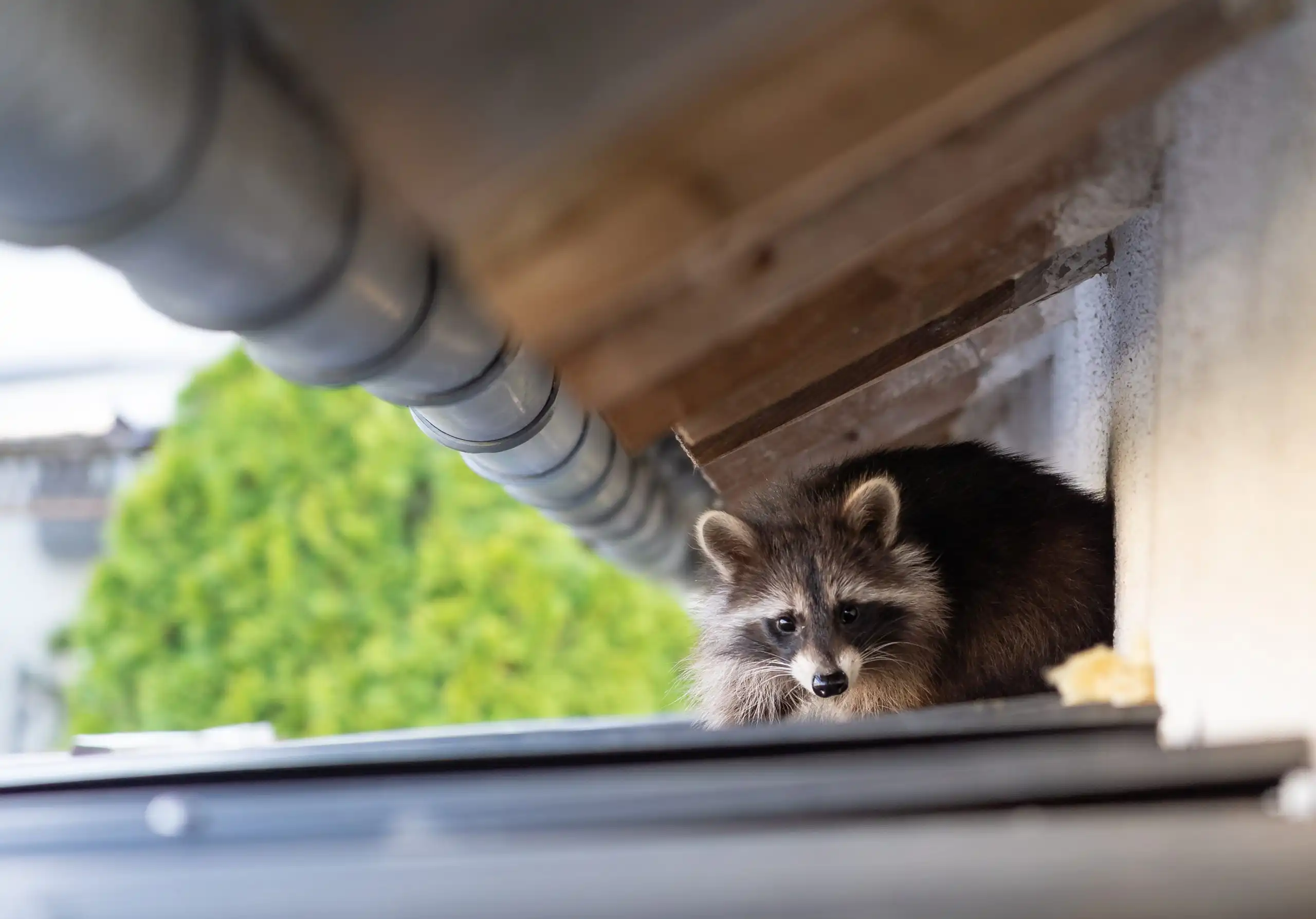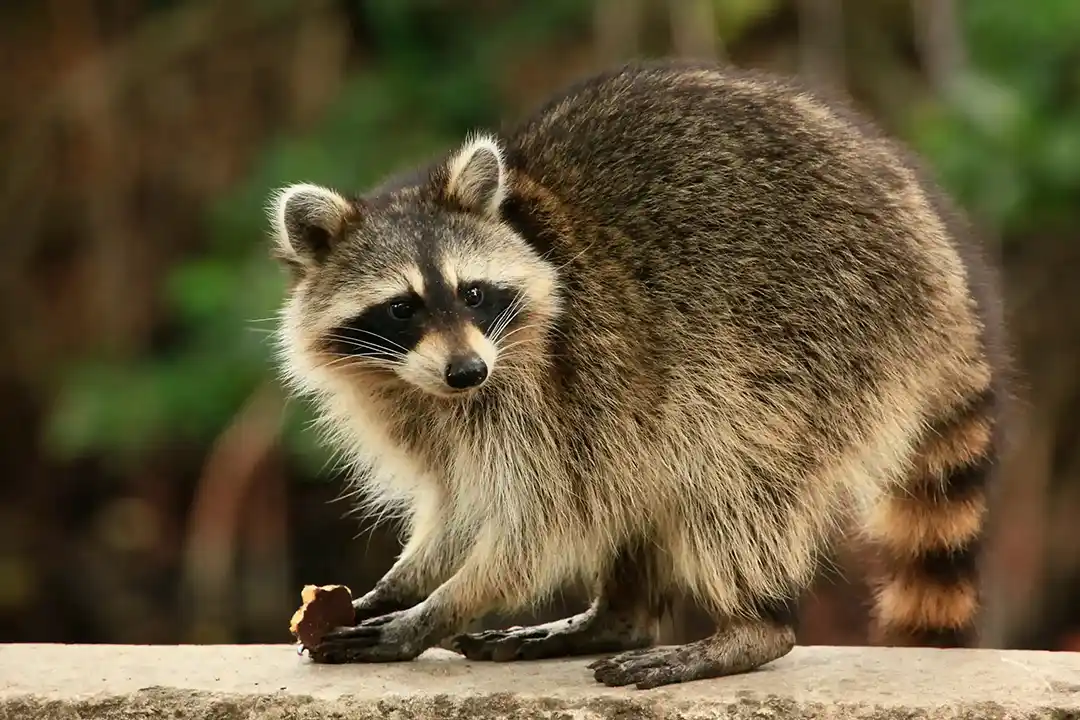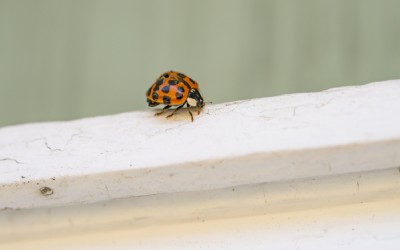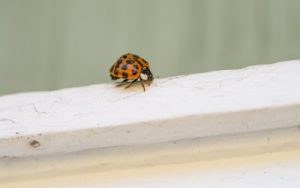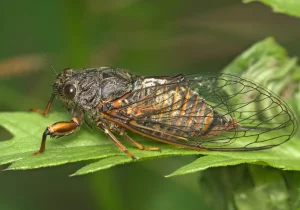
In 2025, Georgia is expected to experience a significant emergence of periodical cicadas, specifically from Brood XIV (14). So it’s essential to understand what this means for your property and how to manage these noisy insects.
Cicadas are large, flying insects that emerge in the summer months. They feed on tree sap and are attracted to the sound of power tools and lawnmowers. While they may look scary, cicadas are generally harmless to humans and pets.
At Active Pest Control, our team of experienced pest control professionals can help you identify cicadas and determine the best course of action for your property. And in this blog post, we’ll cover everything you need to know about the upcoming cicada season and how to protect your home and gardens.
What Are Cicadas and When Will They Arrive?
Cicadas are large insects known for their loud buzzing song and unique life cycle. They spend most of their lives underground as nymphs, feeding on tree sap. Cicadas have large eyes, clear wings, and can be up to 2 inches long.
In the spring, when soil temperatures reach 64°F, they emerge in massive numbers, transforming into winged adults. They typically come out in Georgia in May or June every year. Brood XIV cicadas, which have a 17-year life cycle, are expected to arrive in the area in mid-May 2025.
Are Cicadas Dangerous?
Despite their overwhelming numbers and deafening mating calls, cicadas are not dangerous and generally harmless. They do not bite or sting, and they are not considered pests in the traditional sense.
However, their presence can be a nuisance, and they can cause minor damage to young trees and shrubs. Cicadas lay eggs in the branches, leading to broken or damaged limbs.
How to Get Rid of Cicadas
While it’s impossible to completely eliminate cicadas during their emergence, there are steps you can take to minimize their impact on your property.
DIY Cicada Control Methods
If you’re dealing with a small number of cicadas, there are some DIY methods you can try to get them under control:
- Place netting over young trees and shrubs to prevent cicadas from laying eggs.
- Use insect repellent to keep cicadas away from outdoor living spaces.
- Avoid planting new fruit trees or bushes during cicada season.
- Reduce outdoor noise by limiting the use of lawn equipment during the day when cicadas are most active.
- Use a garden hose to gently remove cicadas from plants and surfaces.
Other Pests to Watch Out for During Cicada Season
While cicadas may be the most noticeable pest during the summer months, there are other pests that can cause problems for Georgia homeowners: mosquitoes and ticks.
As cicadas die off, their decaying bodies can provide a food source for mosquito and tick populations. To prevent these pests from thriving in your yard:
- Remove standing water to eliminate mosquito breeding sites.
- Keep your lawn trimmed and remove leaf litter to reduce tick habitat.
- Use EPA-approved insect repellents when spending time outdoors.
At Active Pest Control, we offer comprehensive pest control – including cicada, mosquito, and tick-specific services. We use safe, effective methods so your family and pets are protected.
Active Pest Control: Your Exterminators for Seasonal Pests
If you’re feeling overwhelmed by the prospect of cicada season or need assistance with other pest issues, don’t hesitate to contact the professionals at Active Pest Control.
Our team has the knowledge and experience to handle any pest problem, big or small. We’ll work with you to develop a customized treatment plan that fits your needs and budget.
So reach out to us today to get started with a free service quote!

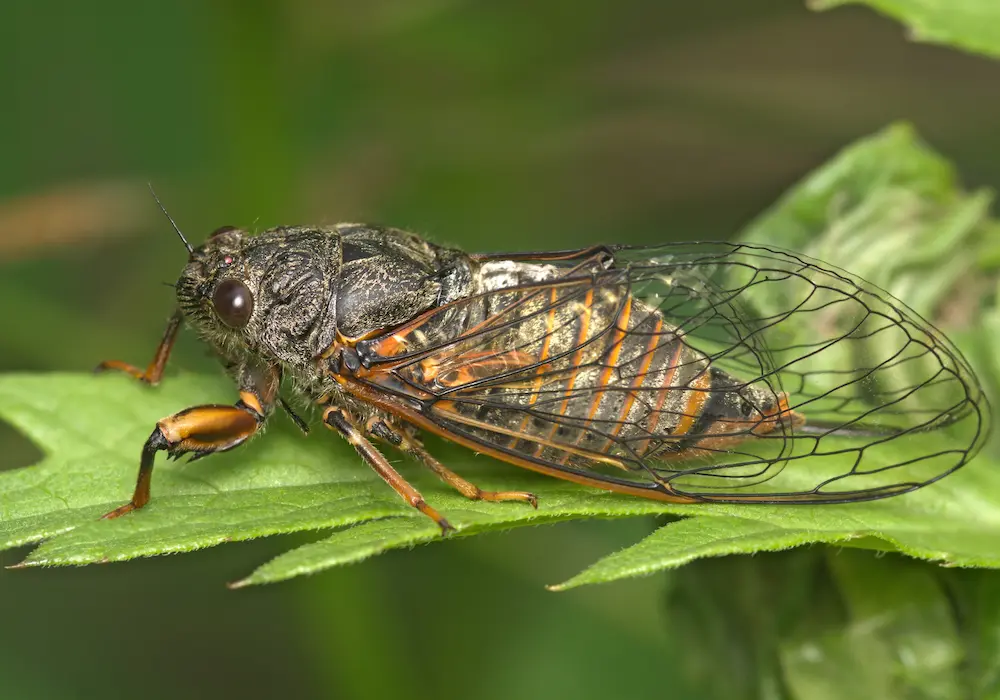
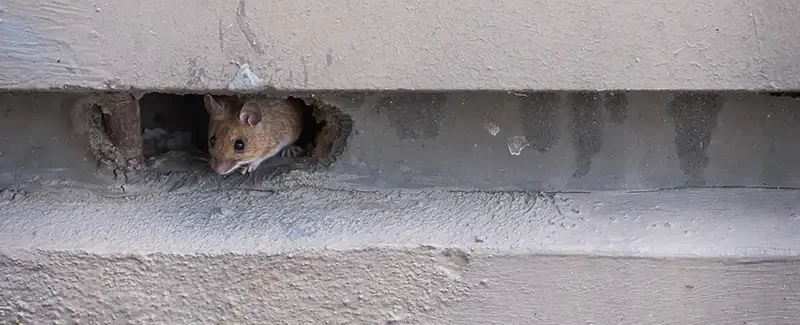
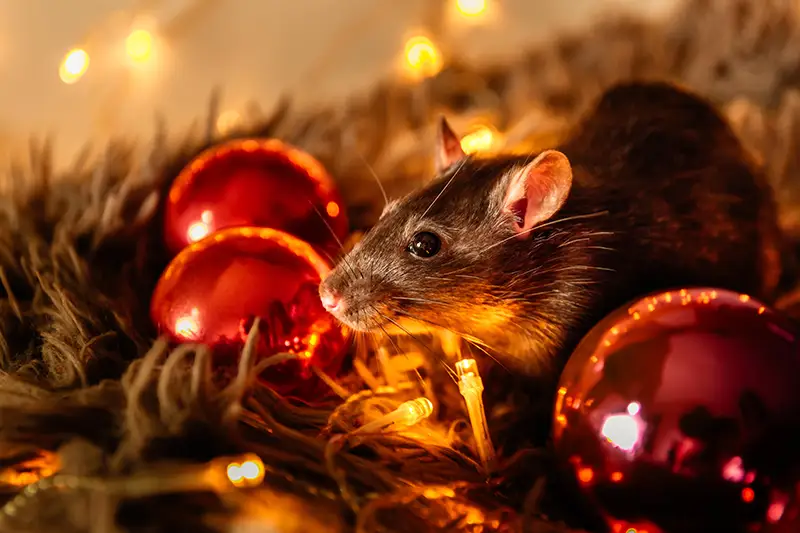
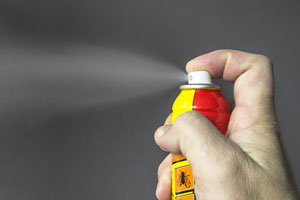
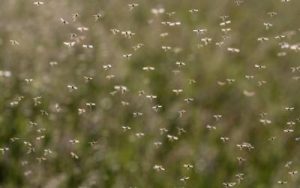 Mosquitoes are one of the most difficult pests to eliminate. There are so many of them and they breed quickly, so even if you wipe out most of them, you will still have to contend with the next generation of larvae that’s likely to emerge in a few days.
Mosquitoes are one of the most difficult pests to eliminate. There are so many of them and they breed quickly, so even if you wipe out most of them, you will still have to contend with the next generation of larvae that’s likely to emerge in a few days. 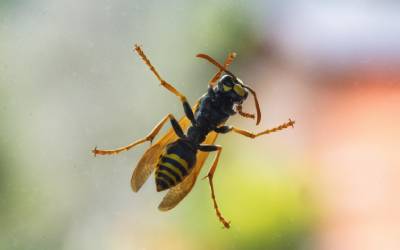
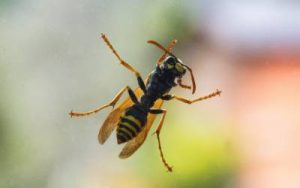 Summertime in Georgia brings sunny days, open roads, and unfortunately, some unwelcome visitors—wasps. These buzzing insects have a knack for finding their way into the smallest of spaces, including your beloved car. Thankfully, there are some easy steps you can take to make sure wasps don’t invade your space. Read on to learn top wasp prevention tips from the experts at Active Pest Control!
Summertime in Georgia brings sunny days, open roads, and unfortunately, some unwelcome visitors—wasps. These buzzing insects have a knack for finding their way into the smallest of spaces, including your beloved car. Thankfully, there are some easy steps you can take to make sure wasps don’t invade your space. Read on to learn top wasp prevention tips from the experts at Active Pest Control!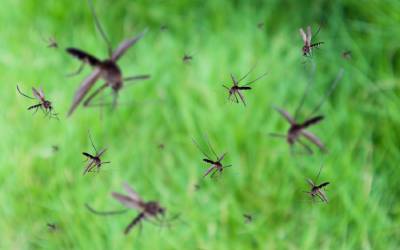
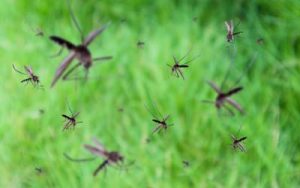
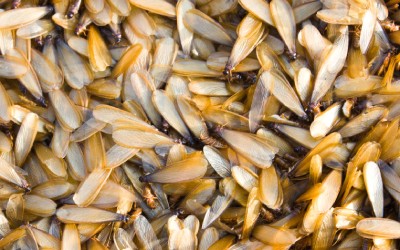
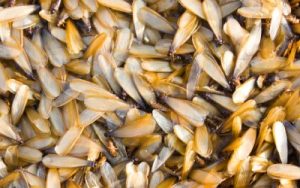 Many of these insects are just a nuisance but some of them can be dangerous to people or harmful to property. Learn which insects to watch out for, what you can do to protect your home, and how Active Pest Control can help if these precautions aren’t enough.
Many of these insects are just a nuisance but some of them can be dangerous to people or harmful to property. Learn which insects to watch out for, what you can do to protect your home, and how Active Pest Control can help if these precautions aren’t enough. 